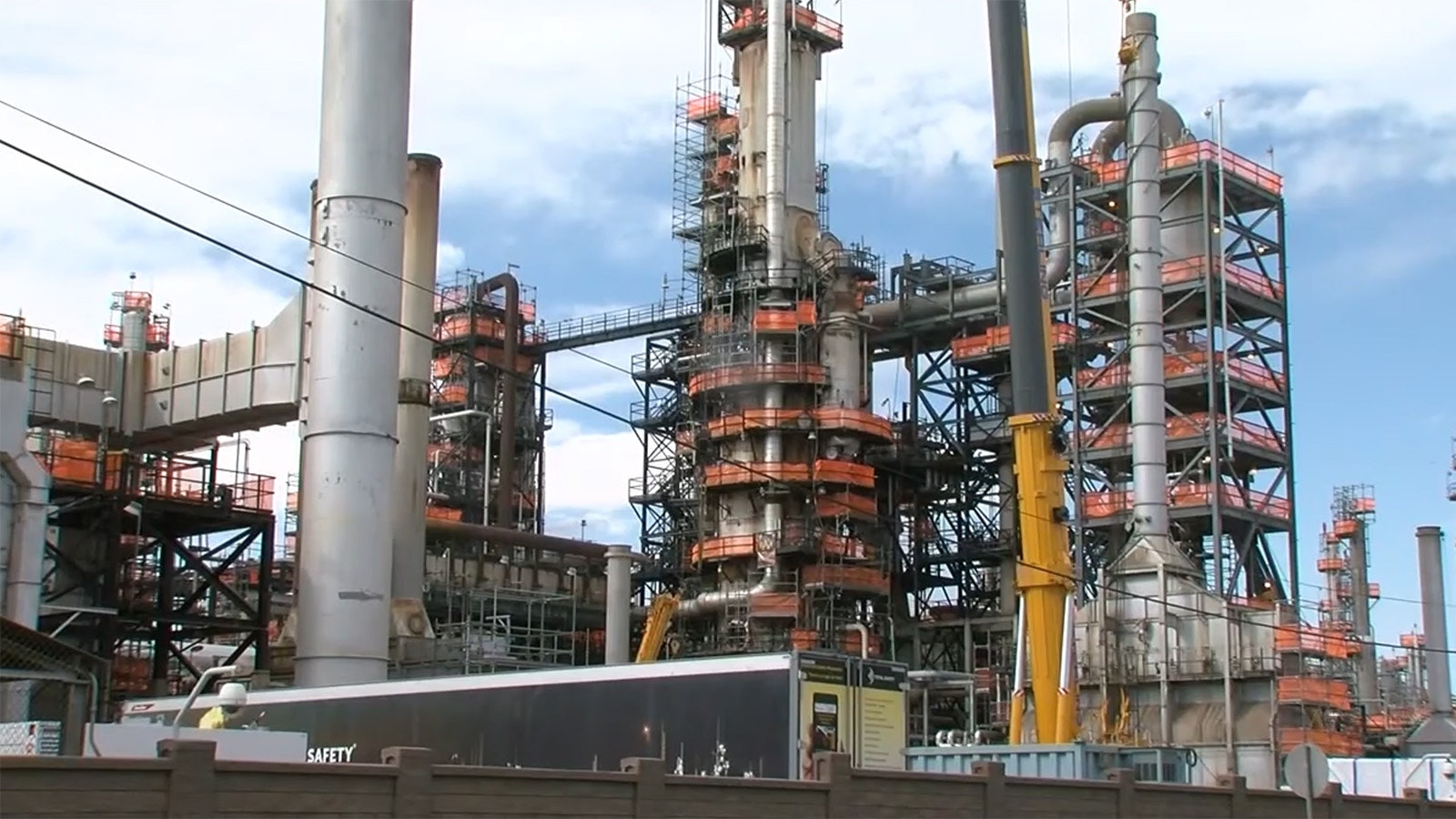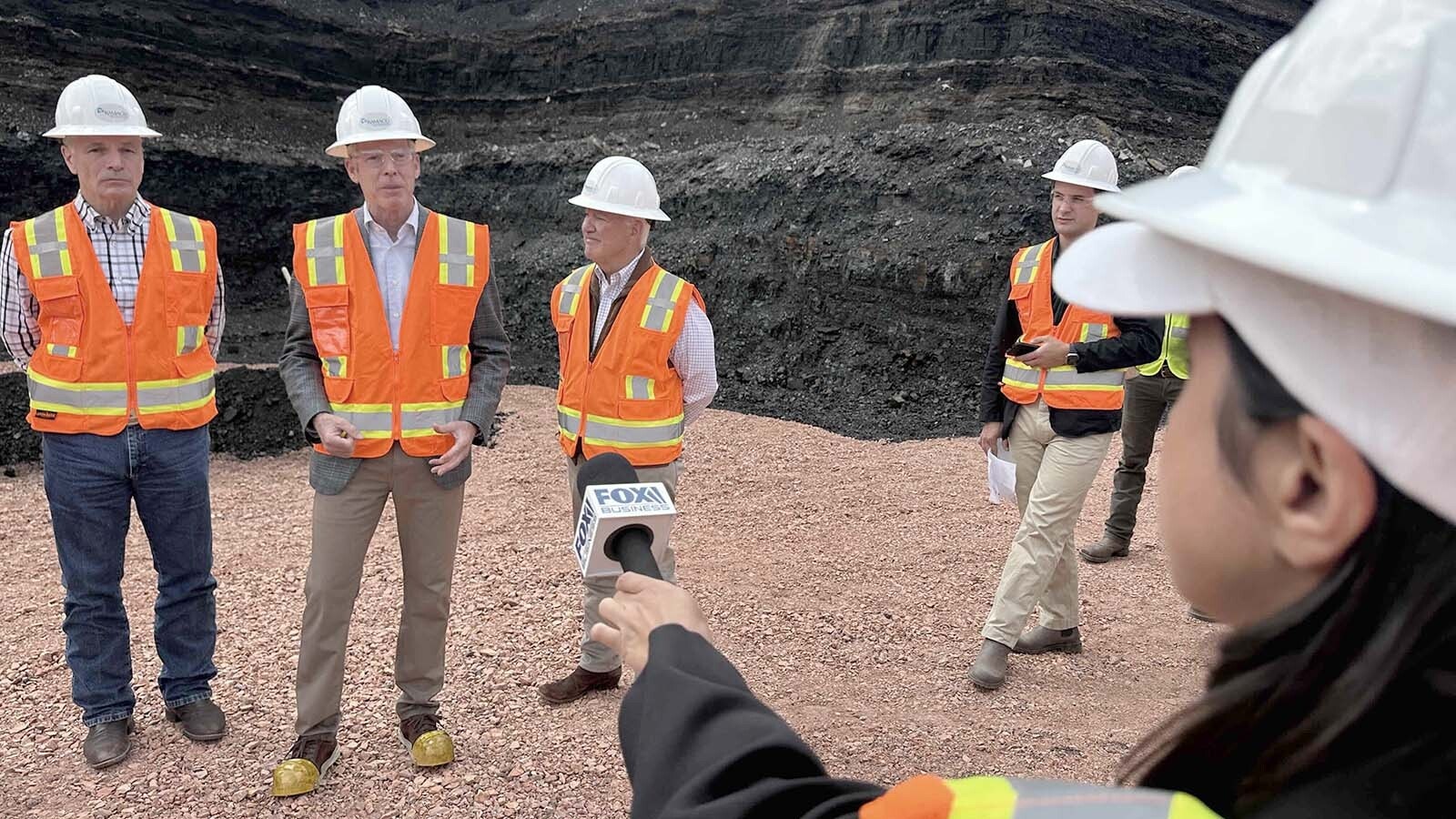Lawsuits alleging oil companies are liable for damages from climate change will stay in state courts following a U.S.Supreme Court decision this week.
Lawsuits seeking reparations from oil companies for alleged climate damages have been filed in a number of states, including one launched by the city of Boulder and two Colorado counties.
The companies had asked the court to review lower court decisions that put these cases in state court, which are often seen as more favorable venues for plaintiffs than federal courts.
The Supreme Court decided to opt out of providing guidance on the issue, which will allow the lawsuits to proceed in state courts.
Merits Undecided
Ryan McConnaughey, spokesperson for the Petroleum Association of Wyoming, told Cowboy State Daily that it was disappointing for the oil and gas industry that the Supreme Court didn’t examine the lower court’s decision to put the cases in state court.
However, he said, the high court ruled only on a very narrow procedural motion.
“We still think there's a pretty strong chance that when the courts start to look at the merits of these cases, even at the state court level, they should come out with a reasonable ruling that will go in industry’s favor,” McConnaughey said.
Cassie Craven, managing partner for Longhorn Law Firm in Cheyenne, said the plaintiffs would likely believe their cases would fare better in state courts.
“You’re making allegations of environmental harm and contamination, and maybe you’d find a more sympathetic audience,” Craven explained.
Past Cases
McConnaughey said that demonstrating liability is still going to be a challenge for the plaintiffs, even in state court.
“The industry is providing a product that is both wanted and needed by the municipalities and the general public. How can providing these products to the consumer be something that would induce a liability claim?” McConnaughey said.
When considering the merits of these lawsuits, federal courts haven’t been sympathetic to plaintiffs.
The New York Attorney General sued ExxonMobil under New York City’s public nuisance rules, and in 2019 the case was defeated. Higher courts upheld the ruling.
Climate lawsuits filed by San Francisco and Oakland were dismissed in 2018.
Craven said that these cases, by relying on nuisance laws, are going after a lower bar. And with multiple jurisdictions come multiple opportunities for the cases to succeed.
While there aren’t any similar cases now in Wyoming, Craven said the state does have its own nuisance laws, so the possibility is there.
Totally Speculative
William Pendley, who served as acting director for the Bureau of Land Management from 2019-2021, told Cowboy State Daily that if the cases had proceeded in federal court, the bar would have been much higher.
The parties have to show an injury that’s directly traceable to the people they’re suing. They also have to show that, should they prevail in court, the judgment they’re seeking would remedy their injury.
In a federal court, that would be difficult, Pendley said, when it comes to alleged injuries sustained from climate change.
“The injury they’re asserting is totally speculative,” Pendley said.
Even if the cases could clear that first hurdle, they’d have two more to go.
Climate Chaos
The city of Boulder, Boulder County and San Miguel County, which are suing Exxon Mobil and Suncor Energy for alleged harms as a result of climate change, cheered the Supreme Court’s decision.
“Today’s development brings these communities one step closer to holding fossil fuel companies accountable for their misconduct and obtaining remedies for the serious climate harms Colorado residents face,” Marco Simons, general counsel for EarthRights, said in a statement.
EarthRights is an anti-fossil fuel nonprofit supporting the plaintiffs in the lawsuit.
Boulder County Commissioner Ashley Stolzmann claimed in the statement that the oil companies are causing “climate chaos” and should help pay for the alleged harms.
Raising Energy Costs
McConnaughey said that even should the oil companies prevail, these lawsuits across multiple jurisdictions are going to cost companies money to fight them — expenses that will ultimately be passed down to energy consumers, which is everyone.
“It's just another case of NGOs using every tactic they can to try to make the production of petroleum products more expensive and harder to do,” McConnaughey said.
Climate change is a global phenomenon, he said, and trying to address it in a patchwork of state-by-state decisions won’t help.
“That is one of the frustrating things with the Supreme Court not taking up this case,” McConnaughey said.





